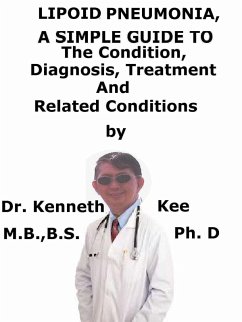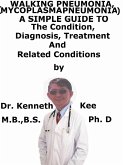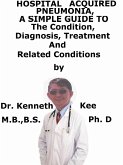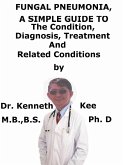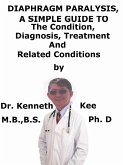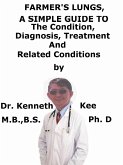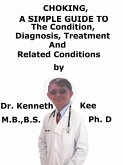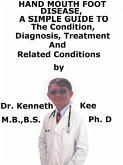Pneumonia indicates inflammation of the lungs.
Lipoid pneumonia is a rare disorder that happens when fat particles enter the lungs.
Lipoid pneumonia is a type of pneumonia that is produced by the penetration of lipids at the level of the bronchial tree.
This disorder is also called cholesterol pneumonia, due to the connection that is present between cholesterol and lipids.
The lipoid pneumonia was first described by Laughlin in 1925, who observed it on infants who inhaled droplets of oil.
At present, this disorder is found in those who practice commercial diving but only in very rare cases (regarded as an occupational risk).
There are 2 forms of lipoid pneumonia:
1. Exogenous lipoid pneumonia
This happens when the fat particles come in from outside the body and reach the lungs through the nose or mouth.
Endogenous lipoid pneumonia
In this form, fat particles collect in the lungs, producing inflammation.
Endogenous lipoid pneumonia is also called cholesterol pneumonia, golden pneumonia, or, in some cases, idiopathic lipoid pneumonia.
Cause
The cause of lipoid pneumonia is dependent on the type.
Exogenous lipoid pneumonia
Exogenous lipoid pneumonia happens when a fatty substance is inhaled or aspirated.
Aspiration happens when the patient swallows a solid or a liquid "down the wrong pipe."
When matter enters the windpipe instead of the esophagus, it can finish up in the lungs.
Once in the lungs, the substance produces an inflammatory reaction.
The seriousness of the reaction often is dependent on the type of oil and the length of exposure.
Severe inflammation can permanently injure the lungs.
1. Mineral oilbased laxatives are among the most frequent inhaled or aspirated substances to cause exogenous lipoid pneumonia.
2. Oils present in foods, including olive oil, milk, poppy seed oil, and egg yolks
3. Oil-based medicine and nasal drops
4. Oil-based laxatives, including cod liver oil and paraffin oil
5. Petroleum jelly
6. Kerdan, a type of petroleum used by people who "eat" fire
7. Oils used at home or in the workplace, including WD-40, paints, and lubricants
8. Oil-based substances found in e-cigarettes
Endogenous lipoid pneumonia
The precise cause of endogenous lipoid pneumonia is less known.
It often happens when an airway is obstructed, often by a lung tumor.
Blockages can induce cells to break down and become inflamed, which causes a buildup of debris.
This debris might be cholesterol, a fat that is difficult to break down.
As cholesterol collects, it can activate inflammation.
The disorder can also be induced by the long-term inhalation of dust and other irritating substances, certain infections, and genetic troubles with breaking down fats.
Certain risk factors can raise the chance of developing lipoid pneumonia.
Risk factors for exogenous lipoid pneumonia are:
1. Neuromuscular disorders that affect the swallow reflex
2. Forced oil intake
3. Gastroesophageal reflux disease (GERD)
4. Snorting oil-based drugs
5. Loss of consciousness
6. Oil pulling
7. Psychiatric disorders
8. Throat or esophagus abnormalities, including hernias and fistulas
9. Age
10. Oral ingestion and aspiration of mineral oil used as a laxative
Risk factors for endogenous lipoid pneumonia are:
1. Bronchiolitis obliterans
2. Smoking
3. Connective tissue disease
4. Fungal pneumonia
5. Lung cancer
6. Necrotizing granulomatosis
7. Niemann-Pick disease
8. Pulmonary alveolar proteinosis (PAP)
9. Pulmonary tuberculosis
10. Sclerosing cholangitis
Most forms of pneumonia are...
Dieser Download kann aus rechtlichen Gründen nur mit Rechnungsadresse in A, B, CY, CZ, D, DK, EW, E, FIN, F, GR, H, IRL, I, LT, L, LR, M, NL, PL, P, R, S, SLO, SK ausgeliefert werden.

